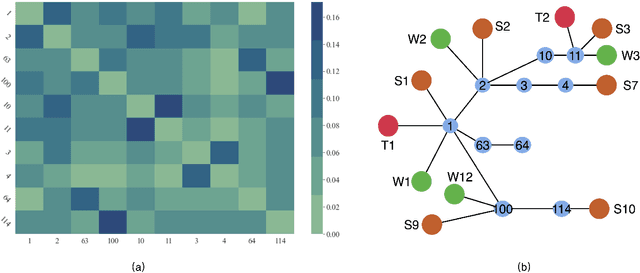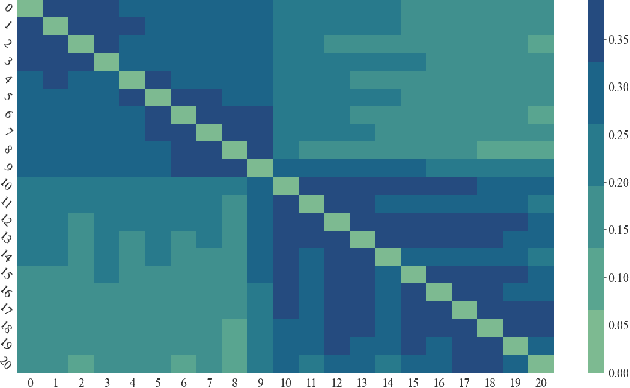Ruichang Zhang
Proactive Load-Shaping Strategies with Privacy-Cost Trade-offs in Residential Households based on Deep Reinforcement Learning
May 29, 2024



Abstract:Smart meters play a crucial role in enhancing energy management and efficiency, but they raise significant privacy concerns by potentially revealing detailed user behaviors through energy consumption patterns. Recent scholarly efforts have focused on developing battery-aided load-shaping techniques to protect user privacy while balancing costs. This paper proposes a novel deep reinforcement learning-based load-shaping algorithm (PLS-DQN) designed to protect user privacy by proactively creating artificial load signatures that mislead potential attackers. We evaluate our proposed algorithm against a non-intrusive load monitoring (NILM) adversary. The results demonstrate that our approach not only effectively conceals real energy usage patterns but also outperforms state-of-the-art methods in enhancing user privacy while maintaining cost efficiency.
Deep Reinforcement Learning for Optimal Power Flow with Renewables Using Spatial-Temporal Graph Information
Dec 22, 2021



Abstract:Renewable energy resources (RERs) have been increasingly integrated into modern power systems, especially in large-scale distribution networks (DNs). In this paper, we propose a deep reinforcement learning (DRL)-based approach to dynamically search for the optimal operation point, i.e., optimal power flow (OPF), in DNs with a high uptake of RERs. Considering uncertainties and voltage fluctuation issues caused by RERs, we formulate OPF into a multi-objective optimization (MOO) problem. To solve the MOO problem, we develop a novel DRL algorithm leveraging the graphical information of the distribution network. Specifically, we employ the state-of-the-art DRL algorithm, i.e., deep deterministic policy gradient (DDPG), to learn an optimal strategy for OPF. Since power flow reallocation in the DN is a consecutive process, where nodes are self-correlated and interrelated in temporal and spatial views, to make full use of DNs' graphical information, we develop a multi-grained attention-based spatial-temporal graph convolution network (MG-ASTGCN) for spatial-temporal graph information extraction, preparing for its sequential DDPG. We validate our proposed DRL-based approach in modified IEEE 33, 69, and 118-bus radial distribution systems (RDSs) and show that our DRL-based approach outperforms other benchmark algorithms. Our experimental results also reveal that MG-ASTGCN can significantly accelerate the DDPG training process and improve DDPG's capability in reallocating power flow for OPF. The proposed DRL-based approach also promotes DNs' stability in the presence of node faults, especially for large-scale DNs.
 Add to Chrome
Add to Chrome Add to Firefox
Add to Firefox Add to Edge
Add to Edge